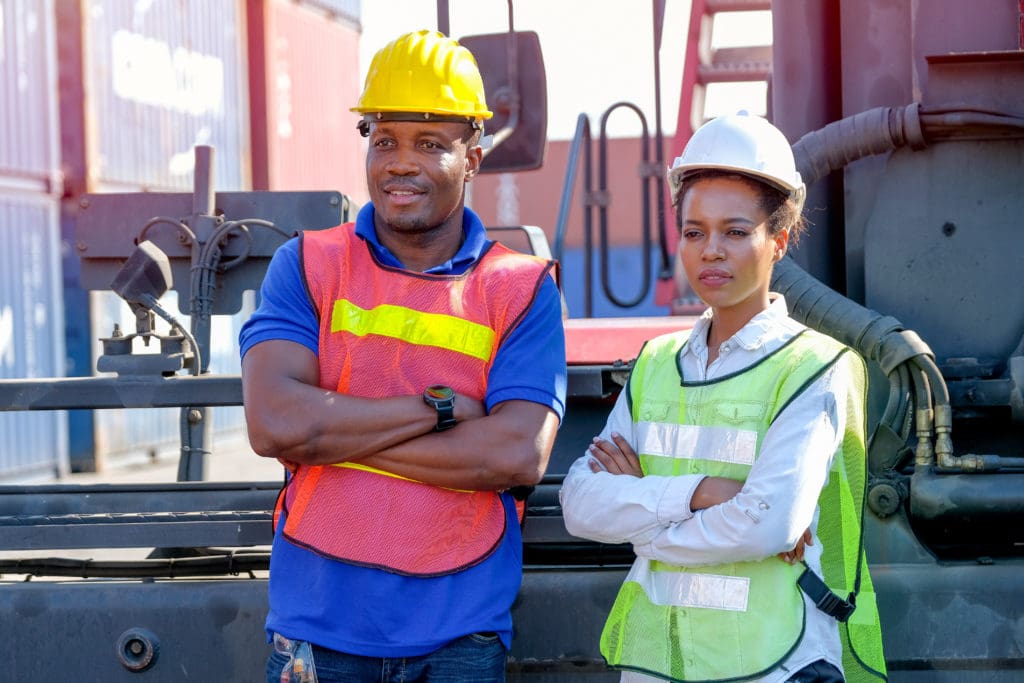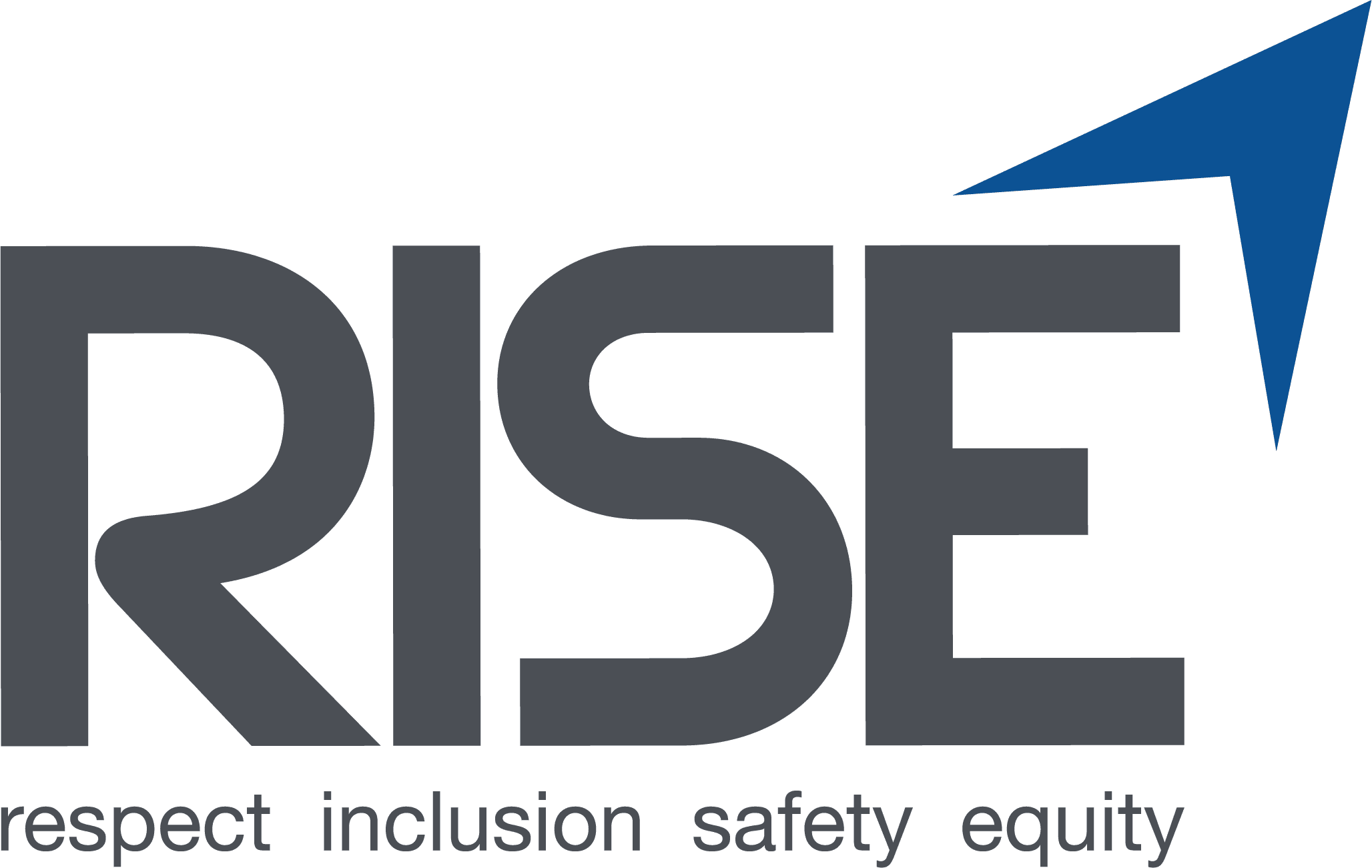
Between falls, the risk of electrocution, heavy objects, and heavier machinery, construction is a dangerous job. Your employees shouldn’t also have to deal with systemic racism. However, for many African American construction workers, it’s just part of the job.
African Americans make up 12% of US workers, but only 6% of the construction industry’s workforce.
During a Construction Dive survey, 77.9% of African American respondents said they were the victim of a racist act on a construction site. 76.9% of the time, nothing was done to fix the situation.
Race-related incidents:
- Make African American construction workers feel unsafe in an industry where you sometimes have to put your life in someone else’s hands.
- Deter skilled workers from wanting to enter the construction industry.
- Elevate feelings of stress, anxiety, and depression
- Distract people from performing their job duties and taking proper safety precautions.
Incidents of racism in construction has consequences for companies as well. Not only are they signs of a toxic workplace culture, but the costs of stalling or shutting down a project to conduct an investigation are steep. These incidents can also damage your company’s reputation if you fail to act on them, making it harder for you to attract qualified diverse employees and secure job bids in the future.
To better understand the plight of African American construction workers, here are five all too common race-related incidents they deal with in the industry:
Racist Graffiti
42% of African American construction workers surveyed cited seeing racist graffiti at work sites.
Racist graffiti can completely shut down a job site. It has twice halted a Meta (formerly Facebook) job-site, and on a massive construction site in Utah, 1,300 workers were sent home after a racist graffiti incident.
Nooses on Job Sites
Since 2015, nooses have been reported at 40 construction sites or offices across the US and Canada. 15% of African American construction workers surveyed reported seeing a noose or similar racist object on a job site. Even after they are reported, usually by an African American employee, many of these incidents have gone unresolved.
Amazon, Facebook, and Apple, or their contractors, have all reported nooses showing up on their major construction sites, triggering immediate project halts.
Racial Slurs
38% of African American construction workers surveyed stated they were victims of a racial slur or verbal abuse.
When someone is verbally abused, it can make them feel angry, embarrassed, or humiliated. This type of behavior should be stopped immediately, and anyone witnessing these behaviors should help identify, address, and resolve them. When these incidents are allowed to continue, they poison a work site and make it a much more dangerous place than it needs to be.
Discriminatory Union Practices
Construction workers, activists, and journalists have numerous documented examples of widespread racism when it comes to unions in the construction industry.
Union construction jobs are known for having great pay, benefits, predictable hours, and quality training. They also give you a voice, more opportunities for promotions and leadership roles, and help close the wage gap.
Historically, white union officers have used multiple techniques to keep African American construction workers out of a union, including stonewalling, voter suppression, and explicit racism.
Increased Danger
We’ve touched on this earlier, but it’s worth repeating: racism in construction amplifies the level of danger on a work site. Your employees should work together to help each other stay safe. If someone uses hate speech or makes threats to another team member, they’re not going to feel safe, nor would they trust that person to keep them safe.
Final Thoughts
In terms of progress, the construction industry has a long way to go. By understanding the challenges African American workers face and taking actions against racism in construction, you can help foster a more diverse, inclusive environment.
